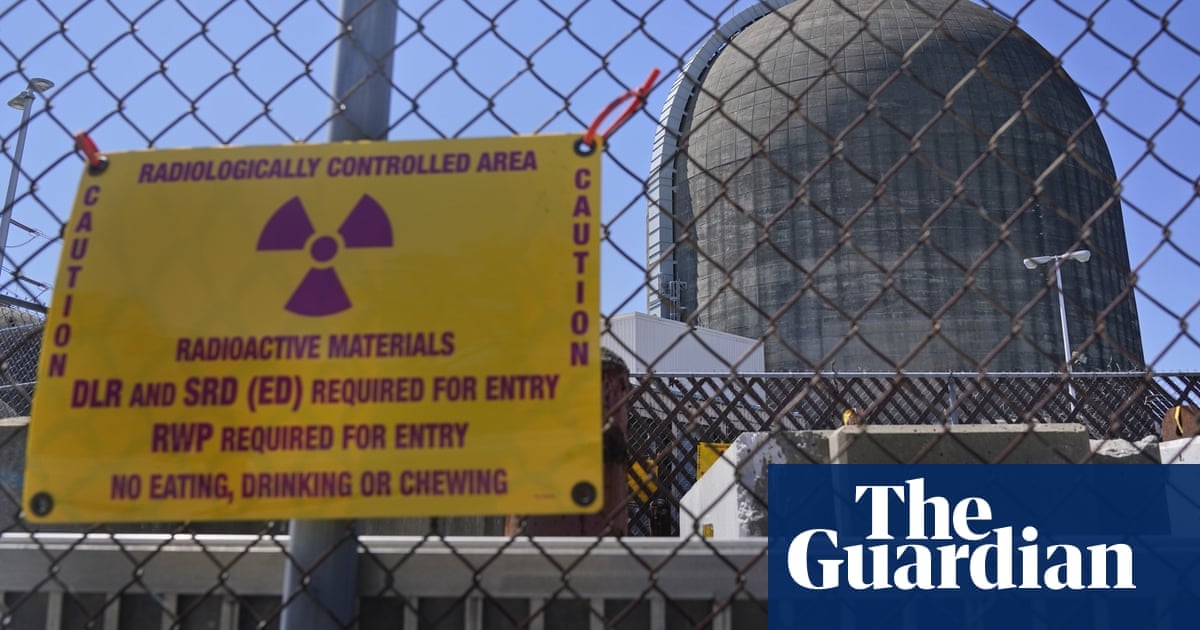Shuttering of New York facility raises awkward climate crisis questions as gas – not renewables – fills gap in power generation
When New York’s deteriorating and unloved Indian Point nuclear plant finally shuttered in 2021, its demise was met with delight from environmentalists who had long demanded it be scrapped.
But there has been a sting in the tail – since the closure, New York’s greenhouse gas emissions have gone up.
Castigated for its impact upon the surrounding environment and feared for its potential to unleash disaster close to the heart of New York City, Indian Point nevertheless supplied a large chunk of the state’s carbon-free electricity.
Since the plant’s closure, it has been gas, rather then clean energy such as solar and wind, that has filled the void, leaving New York City in the embarrassing situation of seeing its planet-heating emissions jump in recent years to the point its power grid is now dirtier than Texas’s, as well as the US average.



I wouldn’t call it defeatist, nuclear should never be more than a stopgap to 100% renewables. if anything, it’s awesome that we’ve gotten far enough with renewables that switching to them entirely is now a viable proposition. It sucks that we spent so much time dependent on fossil fuels when we could’ve been using nuclear, but the past is the past and the future is bright.
I will say, small modular reactors might have a place in the energy mix. They would be fantastic for more isolated grids where stability is difficult to achieve with 100% renewable energy. Think small island nations or remote areas. Also would be good for emergency and disaster recovery scenarios. We (as in the USA) also already have the supply chain to build them somewhat efficiently since we use them on our aircraft carriers. Just needs some tweaking to work well on land and for the regulations to loosen up to make it economically feasible.